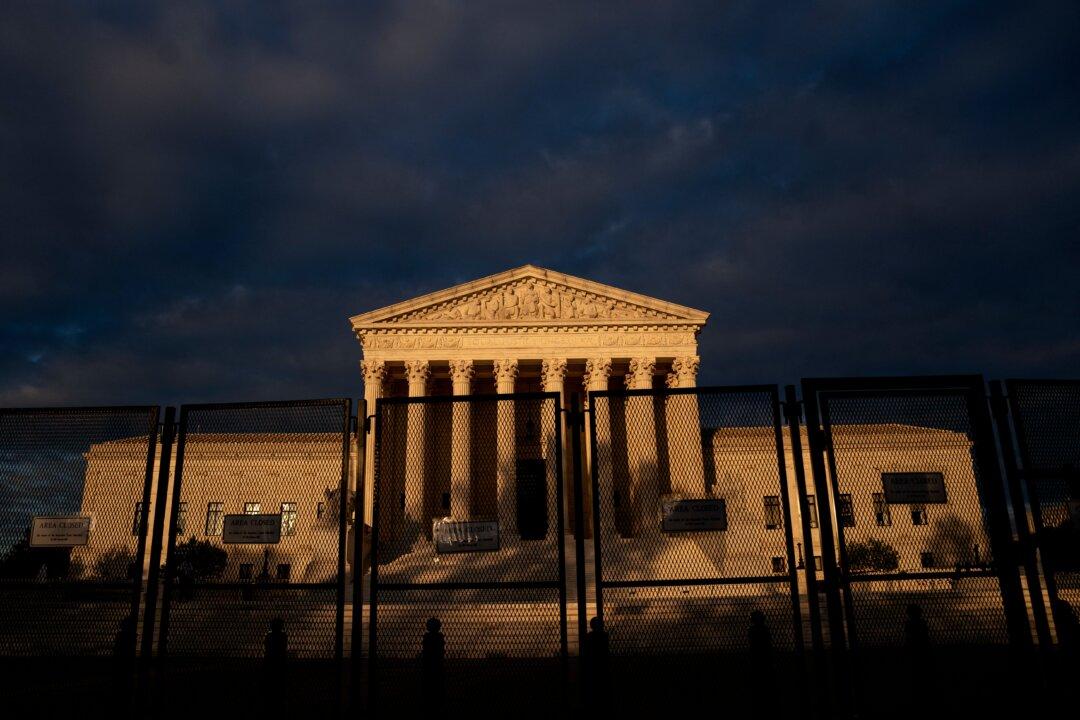Commentary
If Roe v. Wade is overturned by the Supreme Court, “we the people” are going to have to address the abortion issue democratically. Each of the 50 state legislatures will enact its own abortion laws. Some will restrict abortion more than is currently the case; others, less. In some states, compromises will be hammered out; in others, a dominant party will impose laws with little to no accommodations to their opponents.





